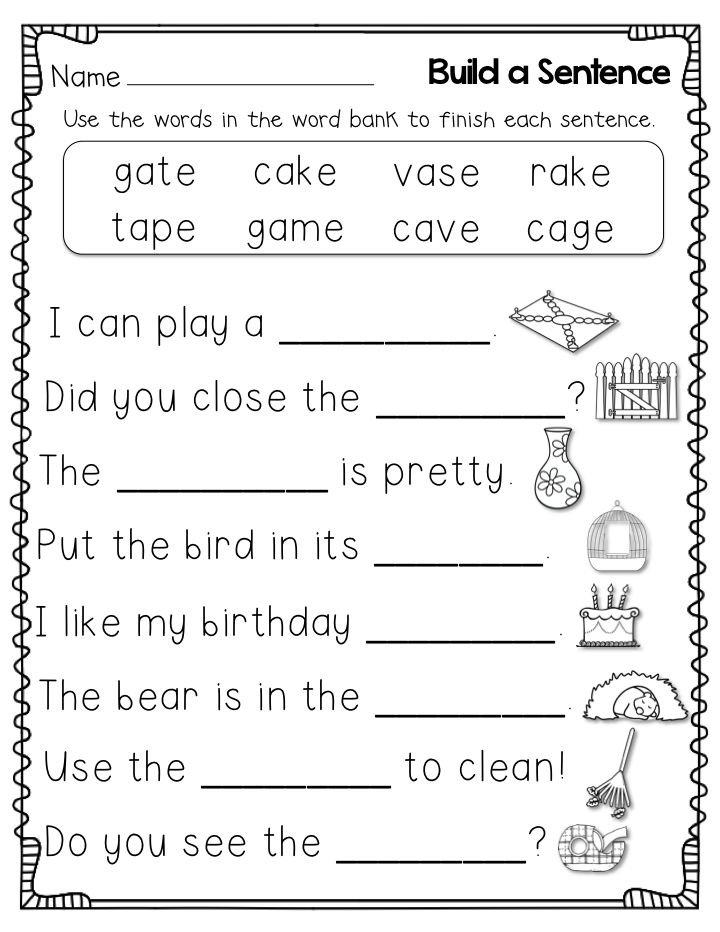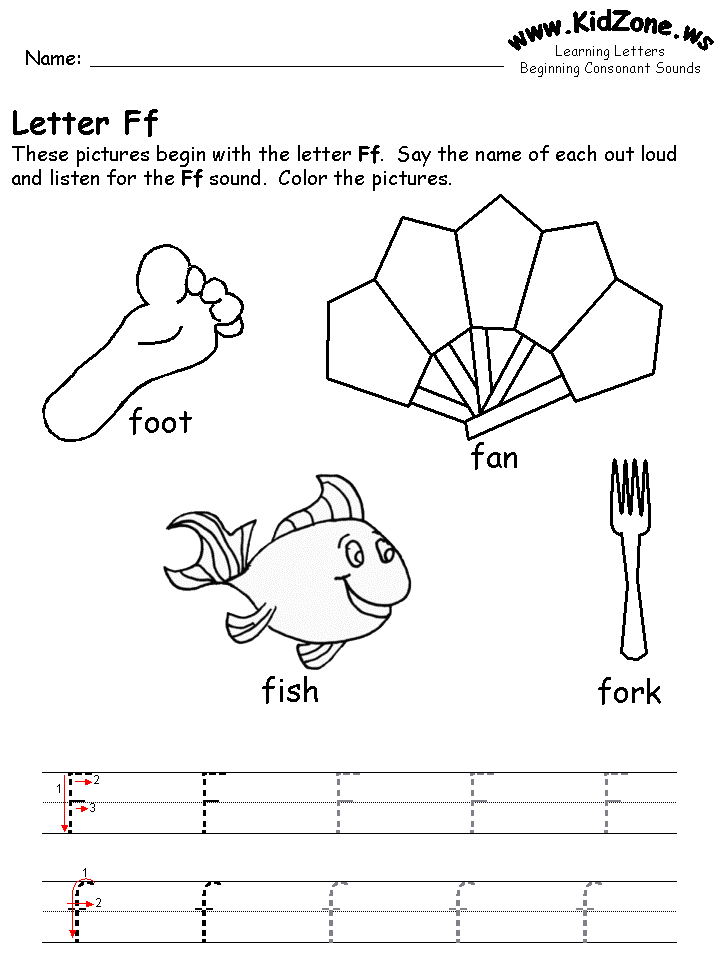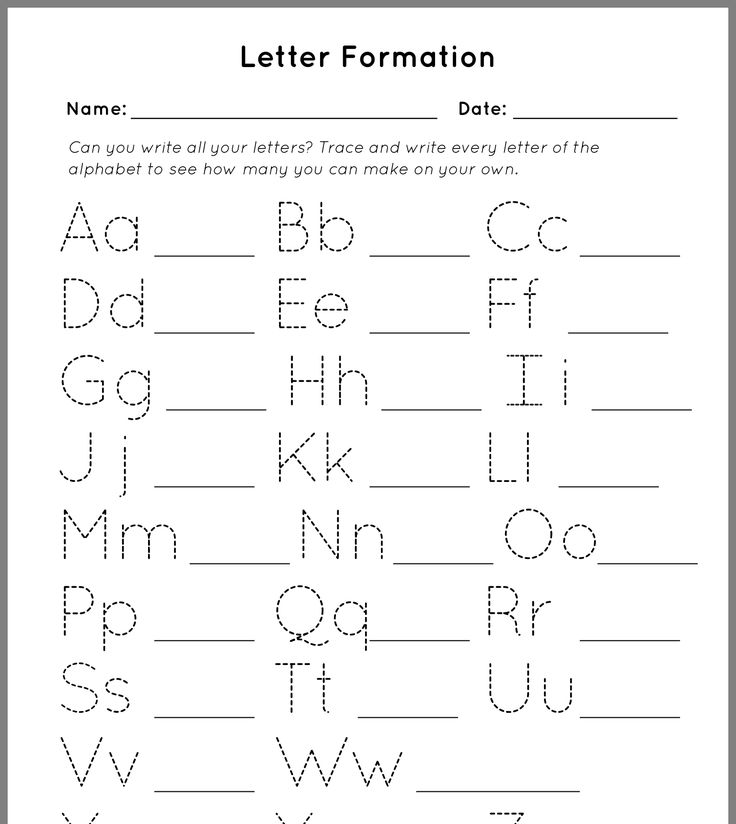Writing computer games
So You Want to Write for Video Games?
Many screenwriters dream of writing the scripts for video games and reaping the profits of an industry that is far more profitable than the film and television industries that screenwriters are striving to break into today — but there's more than meets the eye when it comes to being a game writer.
Being a game writer seems like the ideal job for many screenwriters that are gamers in their spare time. In an age where gaming technology appears to be making amazing breakthroughs with every release and where a single video game's revenue outmatches the latest box office theatrical blockbuster by unbelievable amounts, it's only natural that screenwriters want to jump on that bandwagon.
According to a Global Games Market Report, in 2016, the worldwide video game industry generated a revenue of $99.6 billion. Hollywood only managed to rake in "just" $36 billion in that same year.
Grand Theft Auto V, the ultimate video game record breaker, made $815. 7 million in its first day of release. That's not a typo — its first day of release. Some of the biggest summer blockbusters in movie theaters take three months or more to make that amount worldwide — if they're lucky.
"Okay, where do I sign up?!"
This is where it gets tricky — and a little depressing for some.
You Don't Write an Original Script for a Game and Sell It on SpecMany screenwriters have the fantasy of writing a brilliant screenplay that is perfect for video game interpretation. They think they can take it to the big video game companies, make their pitch as they would with any Hollywood studio or production company, sell it, and then collaborate with game developers to make the next big hit.
That's just not how it works.
The game writer doesn't sell their concept and watch game designers bring their vision to life through beautiful visuals and interactive gameplay. Project Directors are the ones that run the show. And they're often the ones with the concept who are in charge of building the conceptual designs and gameplay with their team of designers.
Project Directors are the ones that run the show. And they're often the ones with the concept who are in charge of building the conceptual designs and gameplay with their team of designers.
The Game Writer usually comes into play quite later in the process, generally speaking.
Video games aren't like movies. They don't start with a screenwriter and a screenplay. They begin with project directors and game designers, as well as a belly of other technical professionals.
And game scripts are nothing like the average screenplay. They are technical documents with hundreds of pages of visual description, flow charts, branching dialogue, cut scenes, etc.
So What Do Game Writers Actually Write?If you're a screenwriter trying to break into the video game industry as a game writer, you need to understand that everything you know about screenwriting format, structure, and characterization is null and void — for the most part. Yes, you will utilize the ideals of story arcs, character arcs, and general story structure, but any game's story is secondary to the actual gameplay of the title being developed.
Yes, you will utilize the ideals of story arcs, character arcs, and general story structure, but any game's story is secondary to the actual gameplay of the title being developed.
Gamers love some story and character depth in their games, but when push comes to shove, they want a game that has terrific interactive gameplay.
So what do game writers write?
Here's a general breakdown:
Flow Charts - Games these days are very complex — the RPGs (role-playing games) especially. The players will have to make many decisions throughout the game. Thus, the game is going to have to develop every possible option that allows the gamer to feel like they are really controlling a character organically within that world. A flow chart reads much like an extreme version of those old Choose Your Own Adventure books. It sounds interesting, but it's highly technical with barebones story and character development — just enough to keep it interesting for the gamer.
Side Quests - Many games have smaller missions and quests that the characters can embark on. These need to be written as well.
Character descriptions and biographies - Every character has to have a description and breakdown so that game designers can properly develop them together, as far as who these characters are, what they look like, and what they are capable of.
NPC (non-player characters) dialogue scenes - Gamers and the characters they control will interact with non-player characters throughout the flowchart of the game. The dialogue needs to be written for these many moments.
Cut Scenes - Cut scenes are cinematic scenes or sequences that are usually found before, during, and after the gameplay. Within the game, they are used to push the story forward after the gamer has achieved certain goals.
Final Storyboard Script - If there's anything that is similar to a feature film screenplay within the video game development process, it's the storyboard script.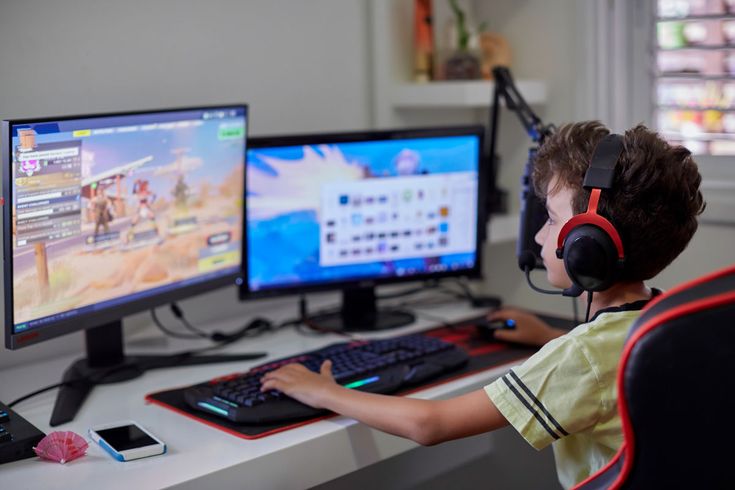 This is written after everything mentioned above has been completed. Consider this to be the master storyboard that documents the gameplay and story elements from beginning to end.
This is written after everything mentioned above has been completed. Consider this to be the master storyboard that documents the gameplay and story elements from beginning to end.
Here's a general example:
Location: A dark cathedral with stained glass windows. An NPC is kneeling before a stone casket in the center of the main room
Music: Background music of an organ playing introduces the scene but subsides
Characters: Main player, NPC named Thomas
Player Goal: Discover the location of the underground lair
Action: Player must initiate discussion with Thomas, upon first contact we activate cut scene (1) where Thomas morphs into a were-creature and summons his were-minions. Main character must battle the were-minions then re-initiate discussion with Thomas.
Flowchart: No decisions made at this point: If battle is completed Thomas reveals the entrance to the underground lair and player advances to that level. If player is defeated in battle revert to death cut scene (11) and move to try again screen.
If player is defeated in battle revert to death cut scene (11) and move to try again screen.
Notes: Player is locked in the cathedral, and there is no exit. The only viable way out is to initiate contact with Thomas. Random were-creatures can be activated if player explores cathedral before talking with NPC.
Now, that seems like a lot of cool work for a game writer to do. Here's the rub. These elements are all primarily developed through a collaborative effort involving the project directors and game designers. The writer is there to flesh out the concepts being developed and perform the actual documentation in the form of everything listed above.
In short, the game writer isn't working as a screenwriter would, as far as creating these characters, worlds, and action. The game designers are working from what they are capable of building through their design with the budget and staff they have. Thus, the game writer can't say, "Hey, what if the players are sucked into a portal and dropped into this alternate dimension where everything is upside down and gravity is reversed, creating this Pandora-like world. .."
.."
Stop right there. The game designers have to create all of those elements. And those elements take time, money, and hours upon hours of design and rendering.
But Screenwriters Do Have a Place in the Video Game Industry, Right?There are undoubtedly many variables. Technically, yes, a screenwriter could be hired to flesh out the work that the game design team does and offer some narrative and dialogue-driven flair.
But much of the time, narrative designers are utilized. Narrative designers are those primarily in charge of designing the gamer experience. Which is essentially a large part of the elements shared above. And they obviously have a technical background in game design, coding, and other equivalents.
So the actual game writer involved is, again, secondary to all of the game design and conceptualization.
Richard Dansky, Central Tom Clancy Writer for Ubisoft Red Storm, says, "A good game writer understands that the game isn’t about them, or their story, or their witty dialog. The rest of the team isn’t there to realize their vision, and the player isn’t there to admire their brilliance. The game writer I want to work with wants to collaborate with the team to create the best player experience possible. That means crafting a story that shows off the features that the game is built around."
The rest of the team isn’t there to realize their vision, and the player isn’t there to admire their brilliance. The game writer I want to work with wants to collaborate with the team to create the best player experience possible. That means crafting a story that shows off the features that the game is built around."
He goes on to say, "Game writing really is something different from any other style in terms of what it demands of the writer — it’s the only place where the writer isn’t telling their story, or the protagonist’s story, but rather the player’s story. Yes, the player takes on the role of the protagonist, whether that’s an avatar they create themselves or an established, iconic character like Sam Fisher, but the fact remains that everything that goes into a game is just possibility until the moment the player interacts with it and thus creates their own story of what happened."
Dansky describes what type of game writer he wants to work with.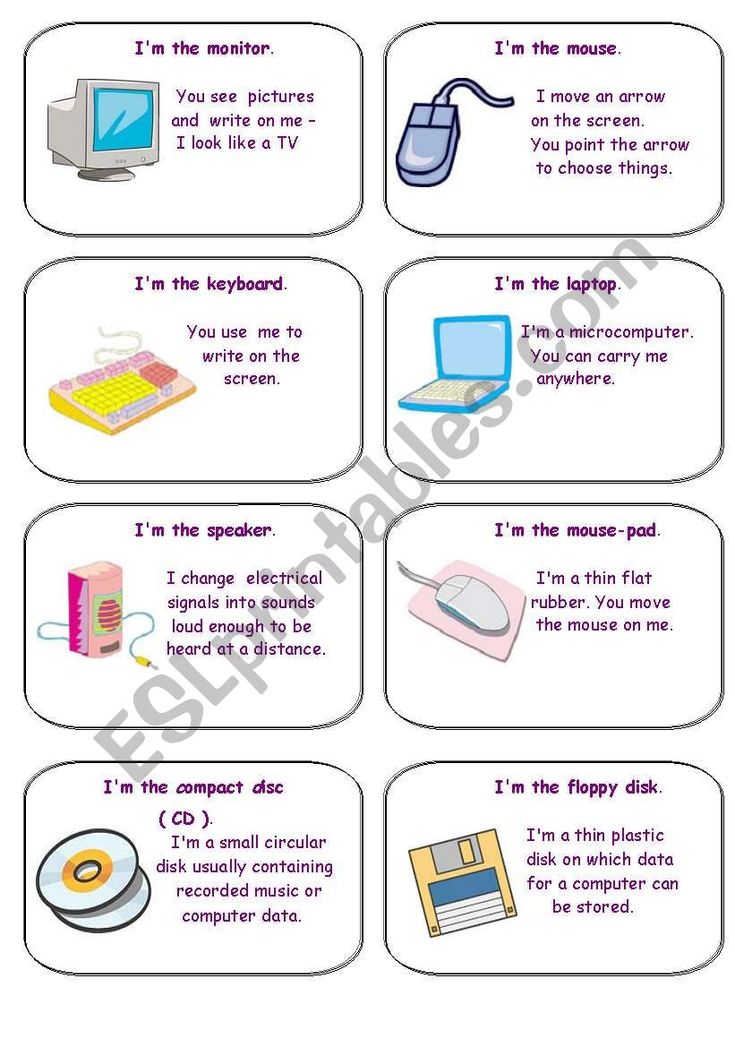 "The writer I want to work with doesn’t want the player to sit back and enjoy what is handed to them. The game writer I want to work with creates things that the player can pick up and integrate into their own experience of the game so that everything that player does feels right and seamless and utterly appropriate to the story they create as they go along.
"The writer I want to work with doesn’t want the player to sit back and enjoy what is handed to them. The game writer I want to work with creates things that the player can pick up and integrate into their own experience of the game so that everything that player does feels right and seamless and utterly appropriate to the story they create as they go along.
David Gaider worked with BioWare as a narrative designer on such games as Baldur's Gate 2, Knights of the Old Republic, Neverwinter Nights, and was lead writer on the Dragon Age series: Dragon Age: Origins, Dragon Age 2, and 2014's Dragon Age: Inquisition. He later moved onto Beamdog Studios as their Creative Director. He wrote about the difficulty in getting the position that everyone wants through his article on Polygon.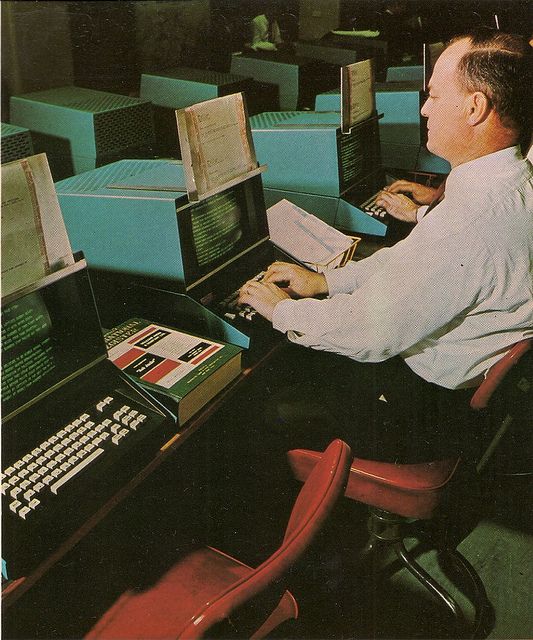
Gaider comments, "I know games which really care about story will have actual writers there in early development. Others will have the writing being done by someone who’s also doing something else on the team, like a programmer, because they just have to. And most of everyone else? Their game doesn’t have much call for story, period, because they’re just not that kind of game."
But there are writing jobs available, right? "The chances of you getting any writing job in the game industry are not good."
He goes on to say, "Writing is a hard skill to show. You could be a genius at narrative design, but proving that you’re a genius? Really hard. More than that, the people who are hiring writers have a really difficult time in figuring out who’s capable. It’s not like a 3D model you can look at and objectively say whether whoever made it has the chops or not — we’re talking about an inexact science, and there are no degrees in, say, Interactive Branching Fiction. So you make do writing your brilliant submissions and trying to stand out from all the other submissions."
So you make do writing your brilliant submissions and trying to stand out from all the other submissions."
Despite the odds against most screenwriters trying to make the transition from feature and television writing to the gaming industry, Gaider does recommend steps that you can take if you're willing to challenge the odds stacked against you.
"You need to play games. All types of games, not just the ones you enjoy the most. You need to look at different stories and think about what they did narratively, good or bad. If it was good, consider how they managed it. If it was bad, consider why it might have been done that way and what could have been better about it. One of the most common questions we ask in an interview is what a writer thinks about the narrative in games they’ve played — and specifically what they didn’t like and why. Being able to critique is one of the skills you will absolutely need, not to mention showing that you’ve an interest in game stories that goes beyond enjoying a single game that developer made.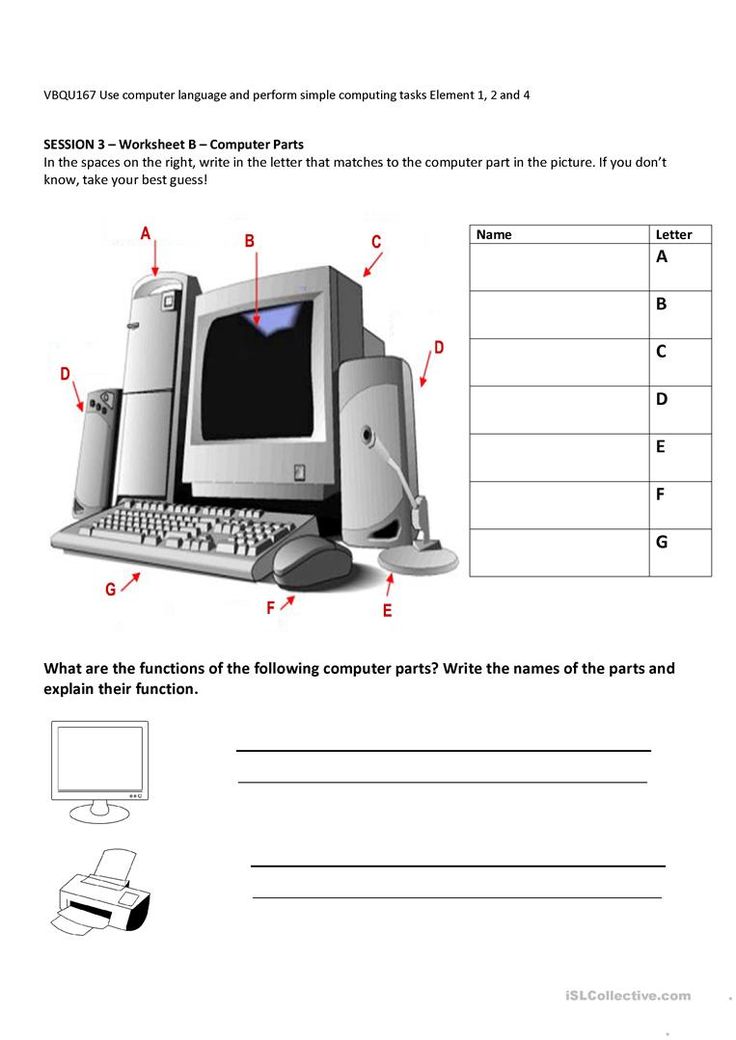 "
"
He also suggests that you practice.
"Yes, this is a skill you can actually improve and develop. A lot of people think writing is solely a talent, but that’s only part of it. I’ve told people they should try modding, but creating a mod involves a whole lot of other skills which many people just find too daunting to contemplate learning. Joining a mod team is easier said than done, so your best bet is to grab a program like Twine. It’s purely writing-based, it will allow you to wrap your head around the idea of branching and you’ll produce something that you can not only show later but which will also demonstrate you’ve taken the time to learn the simple scripting a program like Twine requires. 'I possess enough technical capability to learn how to use a conversation editor' is fantastic and will make you stand out."
Much like marketing your feature scripts on spec, Gaider recommends that you make submissions to companies. He suggests that you research a company and their games thoroughly — and make sure that your writing sample can be inserted into one of their published games.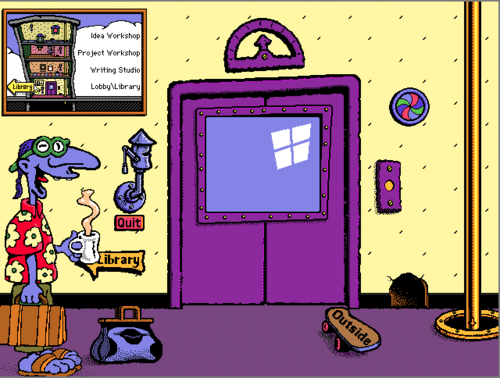 But don't make that submission too long. He states that if someone has to take thirty minutes out of their lives to read it, they're likely not going to.
But don't make that submission too long. He states that if someone has to take thirty minutes out of their lives to read it, they're likely not going to.
With that said, he offers some recommendations. "My personal advice is to make sure you put your best work up front. If you’re writing a single dialogue, have something really clever in the first few lines. If you’re writing several, make sure the first showcases your skills the best. If you’re providing an outline for a quest, make sure the premise is what grabs me or that the first part of the quest is the most interesting. It’d be nice if we lived in a world where I gave your submission all the way until the end to be impressed, but we don’t. I’m impatient and tired, and my attention wanders pretty quickly. I doubt I’m the only one."
You need to remember again that game writers are secondary to the design and gameplay. This isn't about you, your stories, your characters, and your ideas.
"[When you make a submission] don't make it about your ideas — make it about your skill. "
"
Video game writing is a unique position and skill. And the point of this post was first to debunk the fantasy that screenwriters often have when it comes to writing for video games — that they can conceptualize their own stories, characters, and concepts and sell them to the video game industry, much like they would try to sell spec scripts to movie studios.
And even beyond the spec myth, it's clear that being a game writer is an entirely different ball game with the full focus on game design and gameplay, rather than story and character narratives.
Yes, video games now have more depth in that respect, but, in the end, they aren't movies or television episodes. They're video games augmented by story and character.
So if you're interested in writing cinematic stories, stick to features. If you have a passion for character arcs and explorations, write for television.
But if you love video games and want to be part of that creative process, understand that it's a much different journey than that of a screenwriter.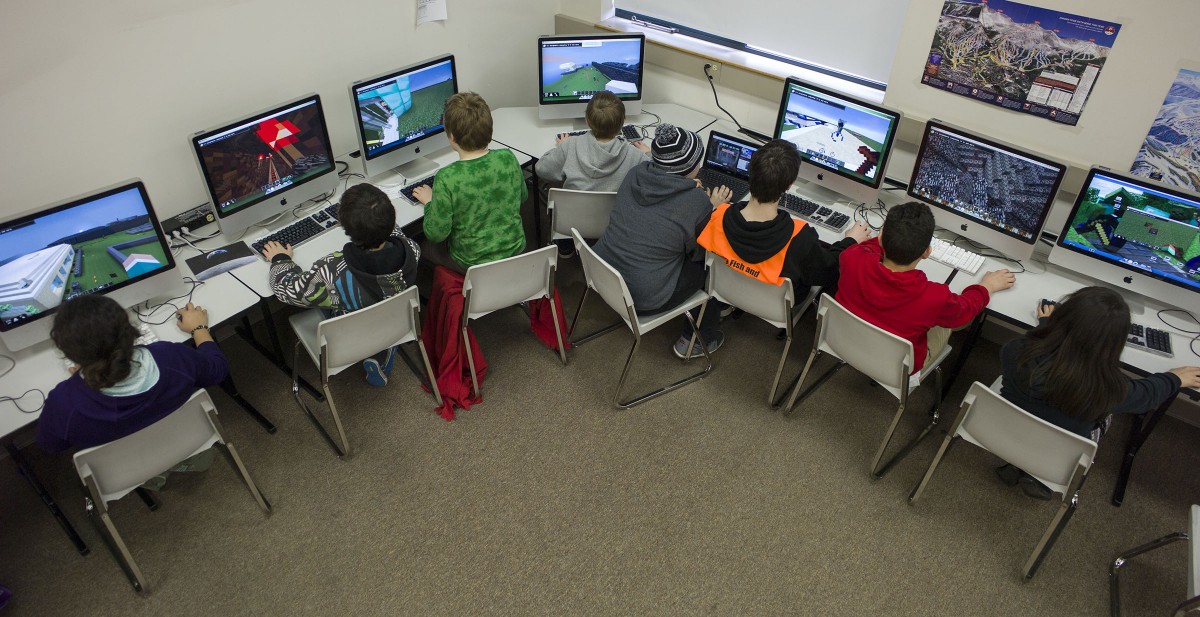 Do your research, find some excellent industry books on the subject (plenty are available HERE on Amazon), explore your networking maps to see if you know of anyone within the video game industry that you can connect with, and consider entering the industry through the different technical doorways of game design.
Do your research, find some excellent industry books on the subject (plenty are available HERE on Amazon), explore your networking maps to see if you know of anyone within the video game industry that you can connect with, and consider entering the industry through the different technical doorways of game design.
Being a game designer is one thing — being a game designer with a talent for writing? That could be your in.
Ken Miyamoto has worked in the film industry for nearly two decades, most notably as a studio liaison for Sony Studios and then as a script reader and story analyst for Sony Pictures.
He has many studio meetings under his belt as a produced screenwriter, meeting with the likes of Sony, Dreamworks, Universal, Disney, Warner Brothers, as well as many production and management companies. He has had a previous development deal with Lionsgate, as well as multiple writing assignments, including the produced miniseries Blackout, starring Anne Heche, Sean Patrick Flanery, Billy Zane, James Brolin, Haylie Duff, Brian Bloom, Eric La Salle, and Bruce Boxleitner.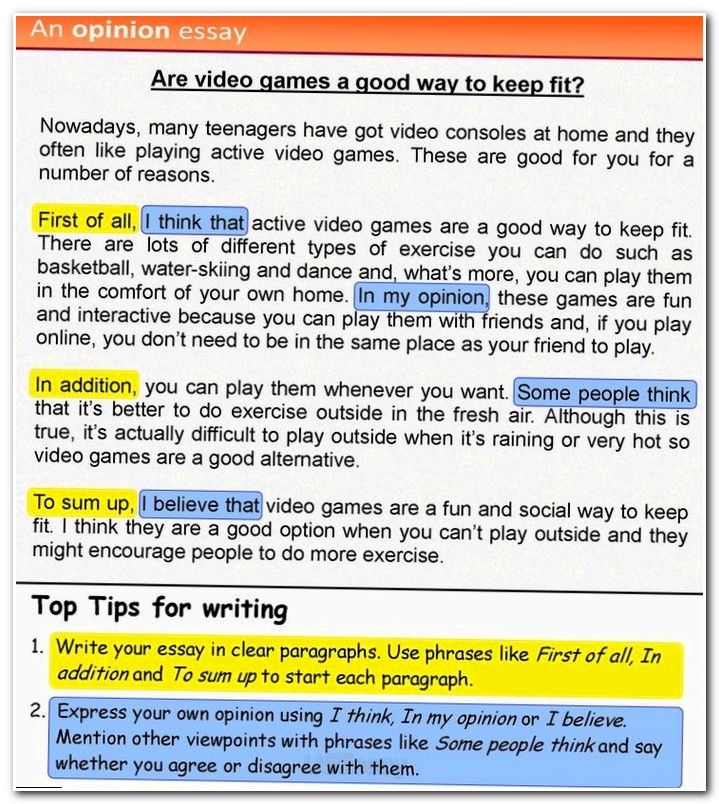 Follow Ken on Twitter @KenMovies
Follow Ken on Twitter @KenMovies
For all the latest ScreenCraft news and updates, follow us on Twitter, Facebook, and Instagram.
Writing Games for Kids Online
Writing Games for a Writing Journey!Most of us find writing so tedious. We would all just prefer someone to write down our thoughts for us if we had the chance. Imagine then what children must face when they are expected to learn writing and write well.
There is no escape from learning writing. Although we are in a digital age where the art of writing is fast diminishing, still the practice of writing is a crucial motor-building skill in children.
The Love, Flair, and Fun of WritingSome parents want children who write neatly, others want children who can express their thoughts well on paper, and then some want both. Whatever you want for your children, it’s all possible! You just need to start early and work on nurturing your child’s skills.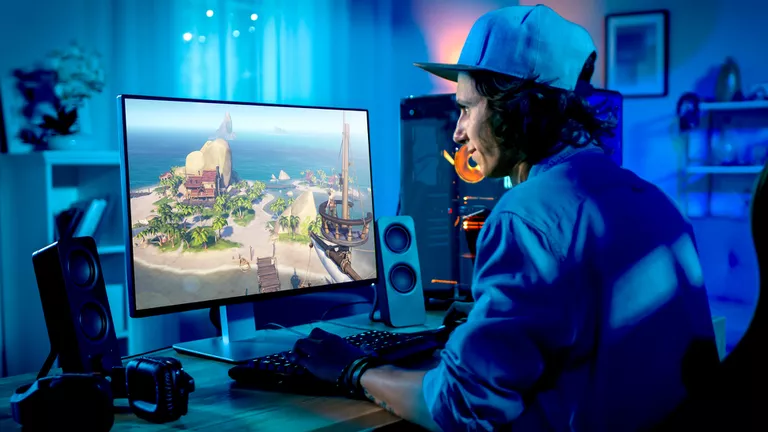
If you can make it fun while it happens, you have a clear winner on your hands. Here are some fantastic writing games that can bring out the creative genius in your child:
- Wise Writing: A great way to get a child to write is to make it appear secretive. After all, only you can see what you’ve written till you show someone. Show children abstract shapes, colors, and objects and ask them to think about as many possible things that come to their mind. This is an excellent exercise in creativity and writing.
- Opposites attract: Imagine learning words, spellings, writing, and grammar all at once. It’s not a dream – we tell you it’s true! Take some paper cups and write simple words on them. Play a game of ring toss, or ask your child to close their eyes and pick one. They need to read the word out and quickly write down its opposite on the glass the moment they choose. You can take turns and see who has a larger stack at the end of the game.

- Complete my thoughts: This is another great writing exercise. Write down a series of sentences and place them in a jar. Now get your child to pick one and read it out aloud. Once it is read, you need to write down the sentence that possibly follows this one. If it were a story, what happened next, or if it’s a book, what followed. Ensure both you and the child write, so the child feels excited about it. Share your thoughts.
- Color it up: The art of writing involves various parts of speech. Write down some nouns in one color, adjectives in another, and verbs in a third. Get your child to pick one of each and use them in a sentence together. This is a very impactful way to get them to use a varied presentation of ideas interestingly.
Bringing forward the Budding Writer
Everyone is a born writer; they just have a different story to tell. So, how do you get your child to tell theirs?
- Read to them.
 Stories have a way of unleashing your child’s imagination like nothing else can. The more you read to your child, the better they will be able to imagine characters, settings, and plots when it’s their turn to write.
Stories have a way of unleashing your child’s imagination like nothing else can. The more you read to your child, the better they will be able to imagine characters, settings, and plots when it’s their turn to write. - Write with them. Start with collaborative stories, so children get inspired by some ideas and methods. They will be able to work better on their own after that.
- Start small. Begin with small sentences or tiny paragraphs. You can move on to bigger stories after that. Picture stories are good ways for children to build on visual elements.
Writing takes plenty of effort. Not all children do well. Some have their limitations despite their best efforts. The key is to evolve as they practice. And you have a large role in making it happen.
Applaud their effort. It takes a lot to come up with even a few lines, and children do try hard to do well. Give them constructive feedback so they know what can be done better, and perhaps share how you would write. Motivate and reassure your child, so they believe they can work better. Most importantly, give the process some time. It is not a skill that is built overnight.
Motivate and reassure your child, so they believe they can work better. Most importantly, give the process some time. It is not a skill that is built overnight.
We combine the best online educational practice games and tasks to help your children evolve into creative thinkers and writers of the future. Browse through SplashLearns resources that combine fun and learning all at once.
Try SplashLearn for Free
Stages of development of computer games. We cover the process of developing video games.
Today we will talk about the process of developing computer games
We all love to play video games, but hardly any of us have asked the question “ How does video game development work? ". In this article we will try to understand this issue.
Content
- Types of computer video game developers
- Video game development process
- Concept
- Preproduction
- Production
- Postproduction
Developing video games is a very long and tedious process, and the industry is ruled by a few heavyweights.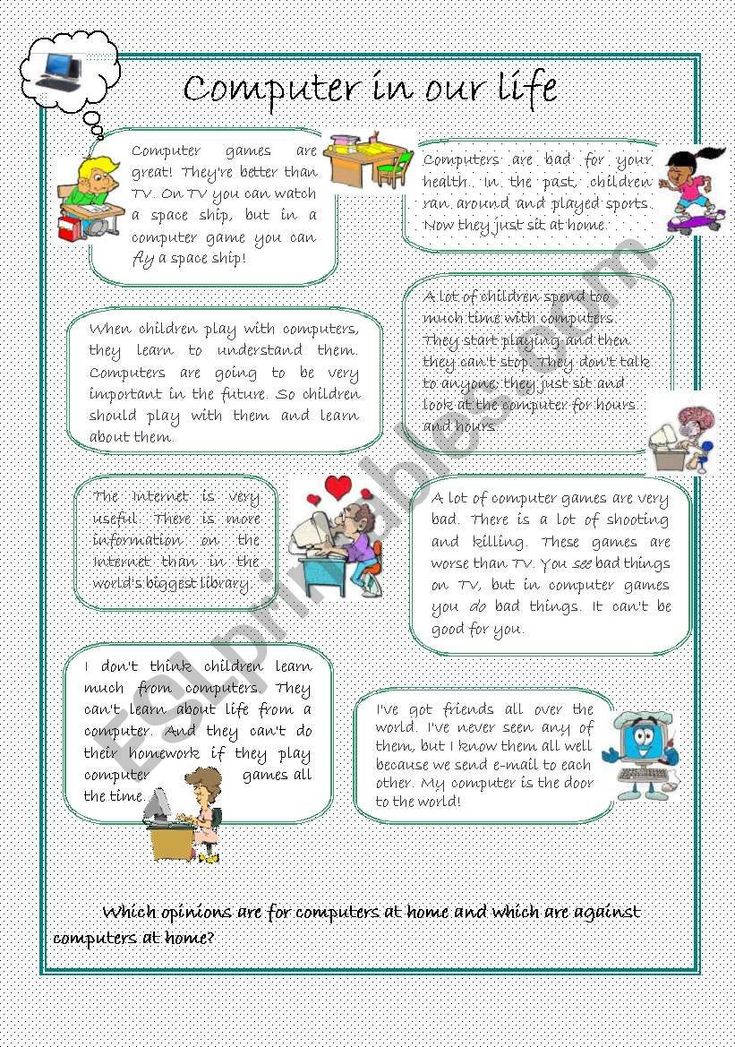 It is very difficult for a beginner to enter the industry, and even more so to break into a leading position. Development begins with the creation of the concept of the game and ends with an analysis of the reaction of the consumer (gamer) to the finished product and the correction of identified errors in the game.
It is very difficult for a beginner to enter the industry, and even more so to break into a leading position. Development begins with the creation of the concept of the game and ends with an analysis of the reaction of the consumer (gamer) to the finished product and the correction of identified errors in the game.
Technology, in the modern world, has reached such a level that it takes about (or even more) 40 specialists to develop and create a successful game, each of which is engaged in its own specialized task.
Today there are a huge number of platforms and consoles for video games, and the expectations of the modern consumer have increased significantly.
Every detail of a video game requires weeks or even months of work, and therefore the entire development process has become very complex, stressful and profitable. Games have evolved to a futuristic level, and that's exactly what makes this industry elite.
Types of computer video game developers
As mentioned earlier, a large number of specialists are working on the design and development of a future video game. Each team of specialists has a specific task on which they are focused. Behind each team there is a producer and a project manager who ensure the coordinated work of all teams that work on the project.
Each team of specialists has a specific task on which they are focused. Behind each team there is a producer and a project manager who ensure the coordinated work of all teams that work on the project.
The main teams are artists, animators, programmers and designers. Each team member has some specific skill that he puts into development, and no one else interferes with their work.
Along with the core teams, there are also secondary teams that are also involved in development. All these departments share the same responsibility for ensuring that everything runs smoothly and that there are no difficulties during all stages of development. To perform auxiliary work, there are such departments as: department of sound effects (voice acting).
Video game development process
All stages of development can be decomposed into 4 main chronological parts. This is a concept, pre-production, production and post-production (post-production), designers are necessarily immersed in all these stages.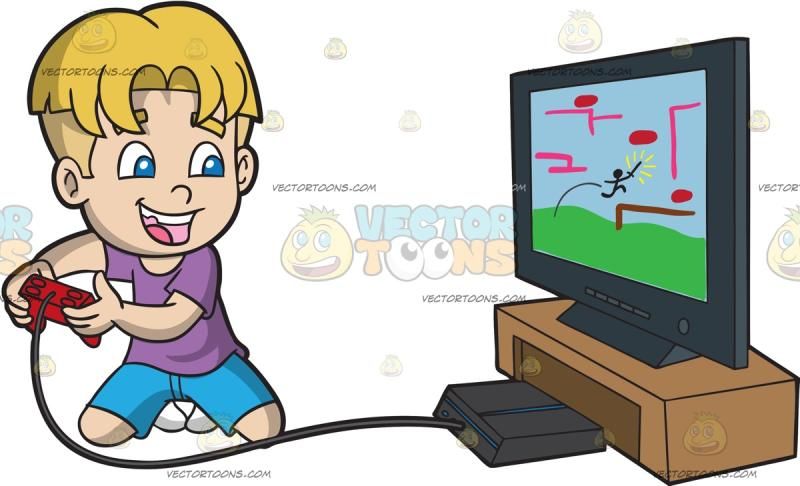 Certain groups of specialists work at each of these stages, and the importance of each of these stages is very high.
Certain groups of specialists work at each of these stages, and the importance of each of these stages is very high.
Concept
Every game needs an idea to be realized. An idea is a project of the entire development team, and it can draw inspiration from anywhere. Idea generators decide what genre the game will belong to, and then work in accordance. The concept chosen by the designers may be an original idea, a continuation, or may be based on some kind of license. The license may be based on a book, film, or specific people and characters.
Concept art of future video game characters
Once a concept has been selected and formulated, a concept plan must be drawn up and presented to decision makers. These are the same guys who finance projects, and if they like your idea, then you can start the design process. If the project is based on some kind of license, then you will need to obtain permission from the copyright holder. The preparation process must be very efficient from the concept stage, and all developers and artists must have the same vision that the designers had initially.
The preparation process must be very efficient from the concept stage, and all developers and artists must have the same vision that the designers had initially.
Pre-production
Now a more detailed design document (Game Design Document) of a potential game is being drafted, and this is mainly handled by the lead designer. This document defines the main goals of the game and whether the design is sufficiently realistic and achievable. If this is not achievable, then adjustments are made to the design. After everything is done, programmers enter the “game”.
These guys start working on development software and also prepare a detailed technical report explaining what technology will be used to create the game and what engine it will run on. The artists then create the ideas and concepts that were originally conceived.
Obviously, all this work does not happen without the supervision of the main developers and designers. Then the producer and the project manager gather all the teams and together they make a plan and a time frame during which the tasks will be completed. All this requires the ability to work under extreme pressure and complete work on time without losing quality.
All this requires the ability to work under extreme pressure and complete work on time without losing quality.
Production
This is the most important part and the area where the most expertise is required and the most money is spent. All departments begin to work simultaneously and do the work that was assigned to them. You have tool programmers, engine programmers, user interface developers, and artificial intelligence (AI) programmers working in sync with each other. Animators and artists work on visualization and animation of characters, objects, backgrounds, texts and interface design.
Development software must take into account all these points, otherwise the game has every chance of being a failure.
Next, the sound effects department adds all the necessary sounds and noises that the game may require. Hero voices, background music, interface sounds and much more - that's what these guys are doing. The cost of development can be very high due to the large number of specialists involved in the development and the cost of equipment and machinery used during this development.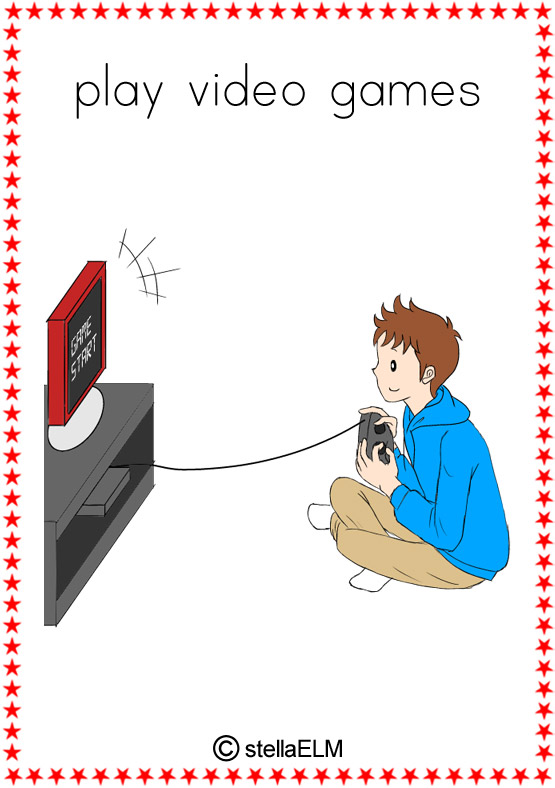 The producer and project manager simultaneously evaluate that all work is scheduled and all deadlines are met. They also conduct detailed market risk assessments and try to predict how successful the game will be.
The producer and project manager simultaneously evaluate that all work is scheduled and all deadlines are met. They also conduct detailed market risk assessments and try to predict how successful the game will be.
Postproduction
Finally comes the testing phase. Once a game has been developed, testers must play it and find all the possible bugs that it might contain. For all identified errors, a solution (bug fix) is developed. Then the graphics and gameplay are adjusted, and now the product is ready to be handed over to the manufacturer. Marketing is also a very important part of the production of video games, and it is constantly involved in all stages of production. A non-disclosure agreement about the game must be concluded with the developer, otherwise the reaction of consumers may be spoiled.
Testing is one of the most important stages before the release of the game to the consumer
And that is not all. Some malfunctions (bugs) can only occur after gamers start using the game. If any problems are suddenly revealed, then fixes (patches) must be released, which users can download via the Internet.
Some malfunctions (bugs) can only occur after gamers start using the game. If any problems are suddenly revealed, then fixes (patches) must be released, which users can download via the Internet.
The largest video game producers spend a lot of time and money (most of the time and money (up to 80%) is spent on content - this is the visual part, this includes concepts, models, art, animation, VFX, UI / UX interface design), so how attention to detail ultimately matters.
Making computer games as a business: detailed instructions
Audio version of this article
. A business idea is realized with the help of a team of technical and creative specialists. See article for details
A business idea is realized with the help of a team of technical and creative specialists. See article for details
Contents
The specifics of the business of creating computer games
Copyright
Market analysis: competition in the field of computer games
How to organize your business
Advertising and promotion
How much you can earn from creating computer games
Business environment
Knowledge and services platform for business
Open an IP now
🚀 Service for a quick start of business
Register a business remotely and free of charge - through the service from Business Environment
Apply online
The specifics of the business of creating computer games
Computer games are special programs for organizing the gaming process. A digital product is created on the basis of books, films, author's stories. The program is played on the TV screen, smartphone, computer.
A digital product is created on the basis of books, films, author's stories. The program is played on the TV screen, smartphone, computer.
Creation and promotion of computer games is a specific type of business. Entrepreneurial activity based on software development involves the registration of a company, copyright protection for ideas and concepts, and further implementation of the product.
The specifics of the business is that the developers supply the market with finished goods, but they do not need to purchase and process raw materials.
This is a growing and profitable activity, accompanied by entrepreneurial risks. With a competent approach, the development of a business plan, the selection of experienced professionals, cooperation with publishers, the organization of a marketing campaign, the development of computer video games will bring high income.
The market is developing and has a high level of competition. The volume of profit of the world industry exceeds 150 billion dollars annually. In 2021, a figure of $175 billion was recorded. In the future, they predict an increase in profits of at least 10% per year. Income from video game development is available to large teams of web designers and novice programmers using constructors.
The volume of profit of the world industry exceeds 150 billion dollars annually. In 2021, a figure of $175 billion was recorded. In the future, they predict an increase in profits of at least 10% per year. Income from video game development is available to large teams of web designers and novice programmers using constructors.
According to statistics from Boston Consulting Group analysts, in 2021 Russia is among the top five countries in terms of gaming content consumption. At the same time, by the end of 2021, our country lagged behind the leading market players in the pace of video game creation.
🚀 Service for a quick start of business
Register an individual entrepreneur or LLC online for free - through the service from Delovoi Sreda
Apply online
Copyright
The process of creating computer games involves registering copyright on developers' intellectual property . Code, characters, soundtrack, storyline are subject to protection from copying and other unauthorized use.
Code, characters, soundtrack, storyline are subject to protection from copying and other unauthorized use.
Each type of intellectual property must be consistently registered at the stages of development. In the gaming industry, creative solutions, digital technologies, storylines are being improved. Require copyright registration and innovations introduced into games. If the content is not legally protected, it may be difficult to commercialize the project.
Intellectual property rights are registered by individual developers and large companies. First, objects for property protection are determined: videos, texts, images, visual images, character models.
The video game logo and title, the names and images of the characters are part of the brand. These objects are subject to registration with state bodies. In Russia, this is Rospatent.
Articles
How to Protect Your Brand: A Guide to Trademarks
Audits
Market Analysis: Competing in the Video Game Industry
Analysts report high competition in the video game industry. Large companies have a multi-million audience. The situation is complicated by the lack of geographic binding of developers and users to specific regions. However, the market is distinguished by stable development, so the creation and promotion of new digital projects is available.
Large companies have a multi-million audience. The situation is complicated by the lack of geographic binding of developers and users to specific regions. However, the market is distinguished by stable development, so the creation and promotion of new digital projects is available.
Big brands in the industry will also compete with start-up entrepreneurs with game development products. Before starting a business, it is recommended to analyze the market, offers from prominent players and create a popular author's concept of a video game.
Among the most popular PC games:
-
GTA V from Rockstar. Over 130 million sold copies of a digital product in the world. Characters and content are presented on thematic platforms: blogs, forums, special YouTube channels and outside the gaming industry. The cost of creating the product amounted to 265 million dollars. Revenue exceeds $6 billion. The game is available on different platforms (PC, Playstation, XBox).

-
Fortnite by Epic Games. Recognized as the most profitable video game in 2019. The product was developed on the Unreal Engine 4. The creators' income reached $2.4 billion. The video game is available for use on PC, mobile devices, MAC, special consoles.
-
League of Legends. Refers to popular and profitable games. The digital product was awarded, among other things, the title of "Online Game of the Year" and "PC Players' Choice". League of Legends World Championships were held in 2012–2014.
The business of producing special games for mobile devices is in demand. The industry leaders are:
-
Electronic Arts. The company's annual revenue is in the billions of dollars. Popular video games include Need for Speed, UFC, Little Big Adventure. The company also develops games for mobile devices: Madden Rivals, Iron Force, FIFA Mobile.
-
Imangi Studios.
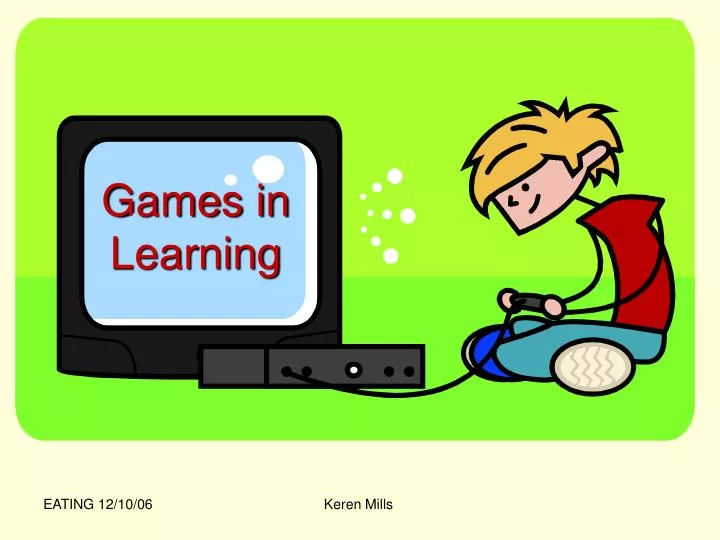 A large company in the field of digital product development, specializes in family games. Popular Max Adventures, Little Red Sled, Temple Run were released under the brand.
A large company in the field of digital product development, specializes in family games. Popular Max Adventures, Little Red Sled, Temple Run were released under the brand.
Articles
Top ideas for business on the Internet
Choosing a niche
How to organize your business
Business on the development of computer games is created in stages. To do this, you will need:
-
Register a business,
-
Create the project concept,
-
Form a command,
-
Write a program code,
-
Create game mechanics,
-
Employ artificial intelligence,
-
Prepare the management of characters,
-
Create graphic and animated support,
-
Optimize the play engine for
9026 -
test the product and fix bugs,
-
develop a promotion concept.
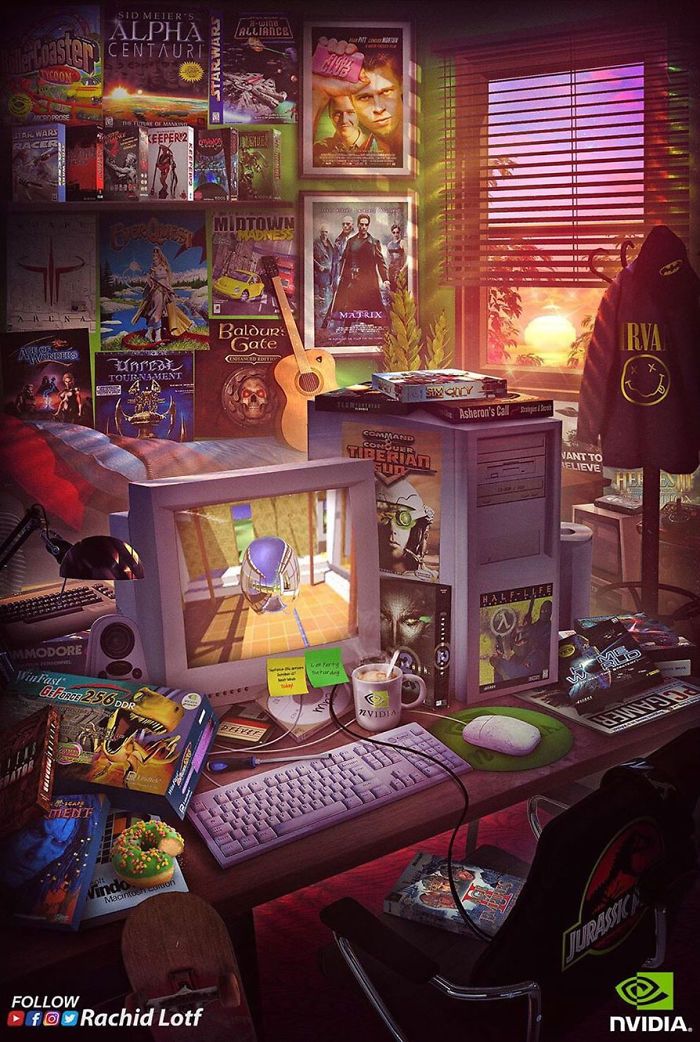
Enabel work on musical accompaniment,
Business registration. Game developers are first required to register as a sole trader. If you need to register a legal entity, you can choose the form of a limited liability company. Some developers carry out state registration before releasing the finished product.
🚀 Service for a quick start of business
Register a business without a visit to the tax office and duties - through the service from the Business environment
Apply online
To create games, you need to determine the characteristics of the target audience. Large development companies organize marketing research and collect the following target audience data:
Concept. At the initial stage, a single concept of the project is created. When choosing a leading idea, the developer's ideas, the results of market monitoring, the genre, and the needs of the potential audience are taken into account. Video games are created in the formats of action, role-playing strategy, puzzle, action adventure, quest, sports competitions. Ways to make a profit and attract an audience are also taken into account.
Video games are created in the formats of action, role-playing strategy, puzzle, action adventure, quest, sports competitions. Ways to make a profit and attract an audience are also taken into account.
Command. A business based on the development of video games involves the formation of a team. The level of qualification of employees, the availability of specialized specialists in game technologies will ensure the relevance and profitability of the project.
The game development team includes:
-
Programmers. Engaged in writing code, form the basis of a video game.
-
Artists. They are responsible for the graphics of the project, the creation of the logo, interface, cover, etc.
-
Writers. Develop the concept, storylines, dialogues.
-
Animators. Carry out work on the movements of characters, environmental objects in a video game.
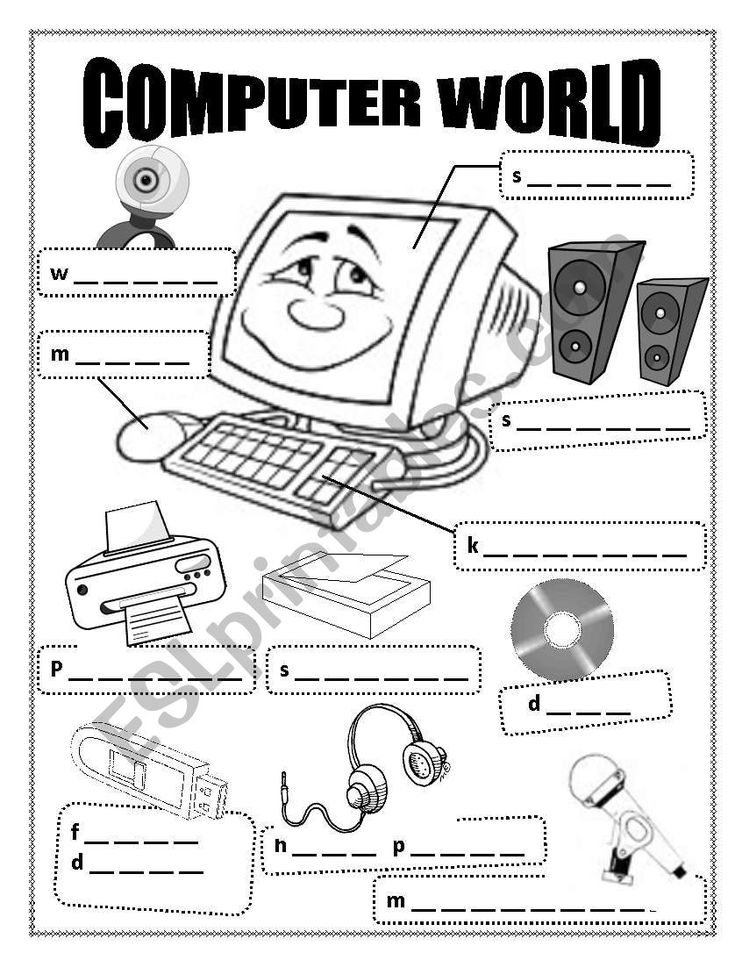
-
Sound engineer. Fills the project with musical accompaniment, dialogues, sounds of the environment and character movements.
-
Game designer. Performs directorial functions at the stages of creating a video game.
-
Testers. They evaluate the quality of the product at different stages, check the quality of the game, and identify technical flaws.
-
In large companies, the publishing department is involved in promotion. It consists of marketers, sales managers, lawyers.
Articles
How to hire people the right way
Finding and hiring
Articles
Finding a startup team
Finding and hiring
Writing code 9003 The development of the concept of the game is followed by the writing of the program code. This is the task of the programmers. The text and graphic parts are superimposed on the basis, the interface is formed, game mechanics are introduced.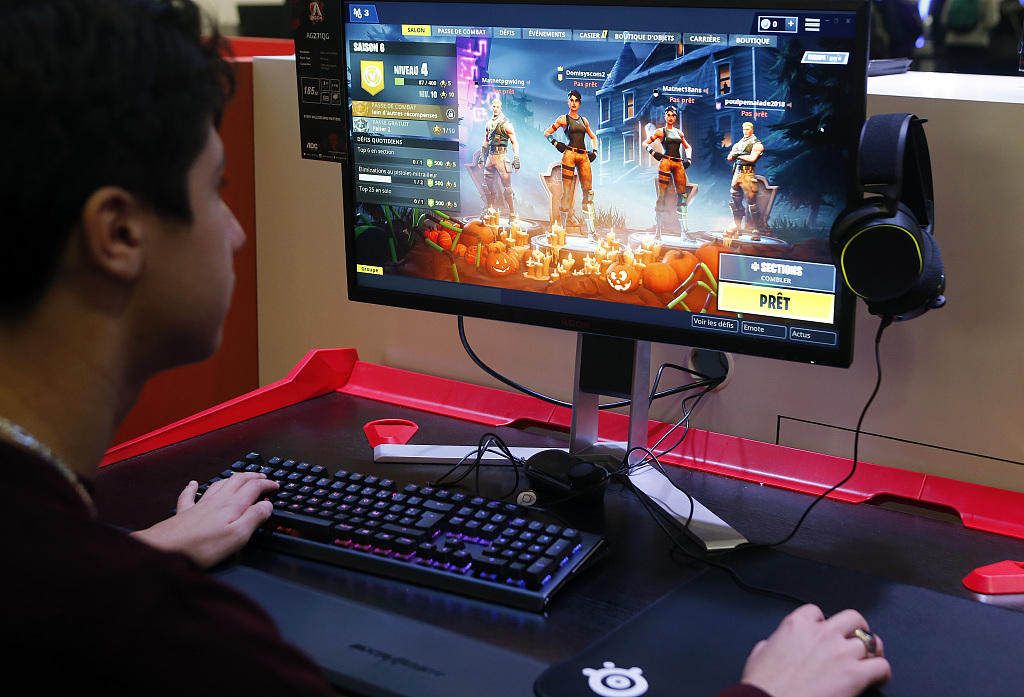 The digital code provides for the use of two- and three-dimensional objects, the creation of models of the environment, characters, the integration of sounds, video sequences. At this stage, a game engine is chosen according to the product format and expected loads.
The digital code provides for the use of two- and three-dimensional objects, the creation of models of the environment, characters, the integration of sounds, video sequences. At this stage, a game engine is chosen according to the product format and expected loads.
In today's video game market, products prepared for mobile devices are most in demand. Therefore, it is recommended to focus on the mobile sphere when creating a game. You can increase the demand for a product if you adapt a video game for PC, game consoles, Mac, create VR and browser versions.
Video game ideas are transformed into a software product after prototyping. A draft version of the project can be used to demonstrate to a potential audience, investors, collect feedback from testers, and search for shortcomings.
Game mechanics. At the next stage, game mechanics are developed and implemented into the product. Computer video games with a wide range of graphical features and functions for characters are very popular.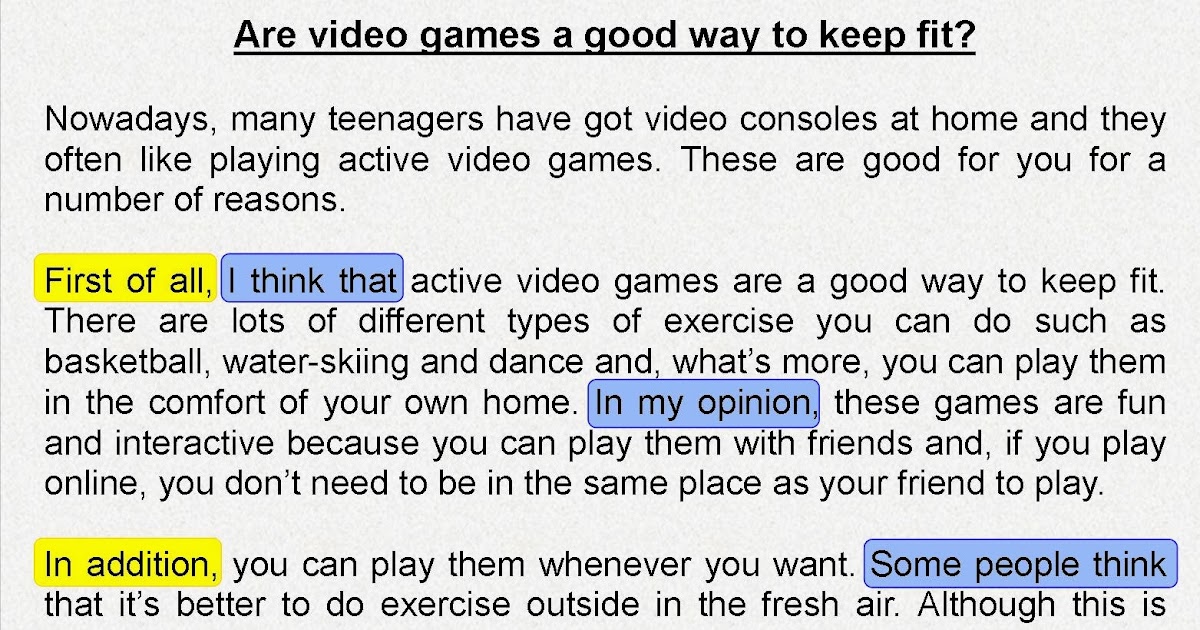 Artificial intelligence is being developed to improve the behavior of computer characters.
Artificial intelligence is being developed to improve the behavior of computer characters.
Next, you need to rebuild the hero control system, bind their actions, game animations to the mouse buttons and PC keyboard, to the buttons on mobile devices.
Art design. The environment, characters and other details of a digital project are drawn by graphic designers and artists. After completion of the work, the program code and visual design are connected. Programmers perform optimization of the game engine, digital images, animation to the technical requirements of the project.
📌 Advice
Computer games business must take into account the technical capabilities of the devices used by potential customers. It is important that the project software be adapted to the types of devices with different capacities.
Audio sequence. At the final stages, the team voices the dialogues of the characters, creates musical accompaniment. Before the release of the game, testing of the product is carried out. Team members eliminate identified shortcomings, work on more adaptive versions.
Before the release of the game, testing of the product is carried out. Team members eliminate identified shortcomings, work on more adaptive versions.
Distribution. Finished games are published on Google Play, AppStore and other sites. Publishers are often used to distribute a video product.
Specialists do the following:
-
Evaluate the quality of software content, the plot of the game.
-
Compile deficiencies and make recommendations for their elimination.
-
Conduct initial market research, propose positioning strategies.
-
Develop the promotion concept.
After the release of a computer game, programmers continue to identify and fix technical errors, introduce new locations, characters, levels, and mechanics. When the product is in demand, additions to the original version are created.
Premium business environment
Join a private club and get access to the business development knowledge base
Try for free for 14 days
Advertising and promotion
Developed games are promoted:
-
video reviews;0002 partnership with YouTube channel owners,
-
contextual advertising,
-
industry media reviews.
In-game advertising is used for promotion and additional income:
-
Intermediate - is published between scenes, transitions from level to level, actions of characters.
-
Banner - used in splash screens, can be animated or static.
-
Rewarding - provides users with points, points for viewing advertising messages.
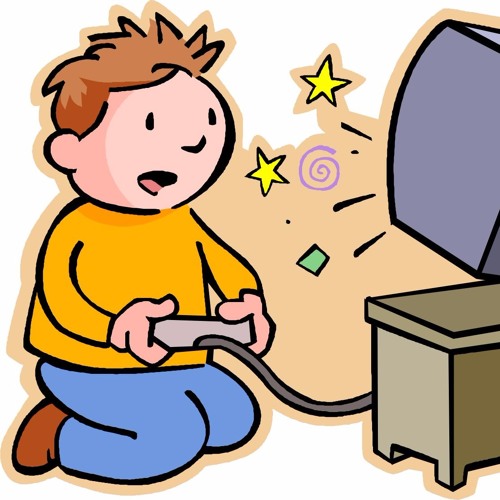
-
Video advertising is placed between stages and levels.
How much you can earn from creating computer games
The level of income that you can get from creating digital games depends on investments at the stages of development, promotion, and the chosen methods of making a profit. Revenues come from the sale of licensed copies of the product, the provision of paid subscriptions to participants, the purchase of additional in-game options. You can increase your profits by adding paid updates to your games.
Video games are available for sale on the following sites:
-
Steam. Digital distribution platform. Recommended for distribution of quality games, products of major brands. There are more than 10 thousand game products in the implementation. The number of users exceeds 125 million. The service complies with copyright law, takes care of marketing services, and offers various types of payments to developers.
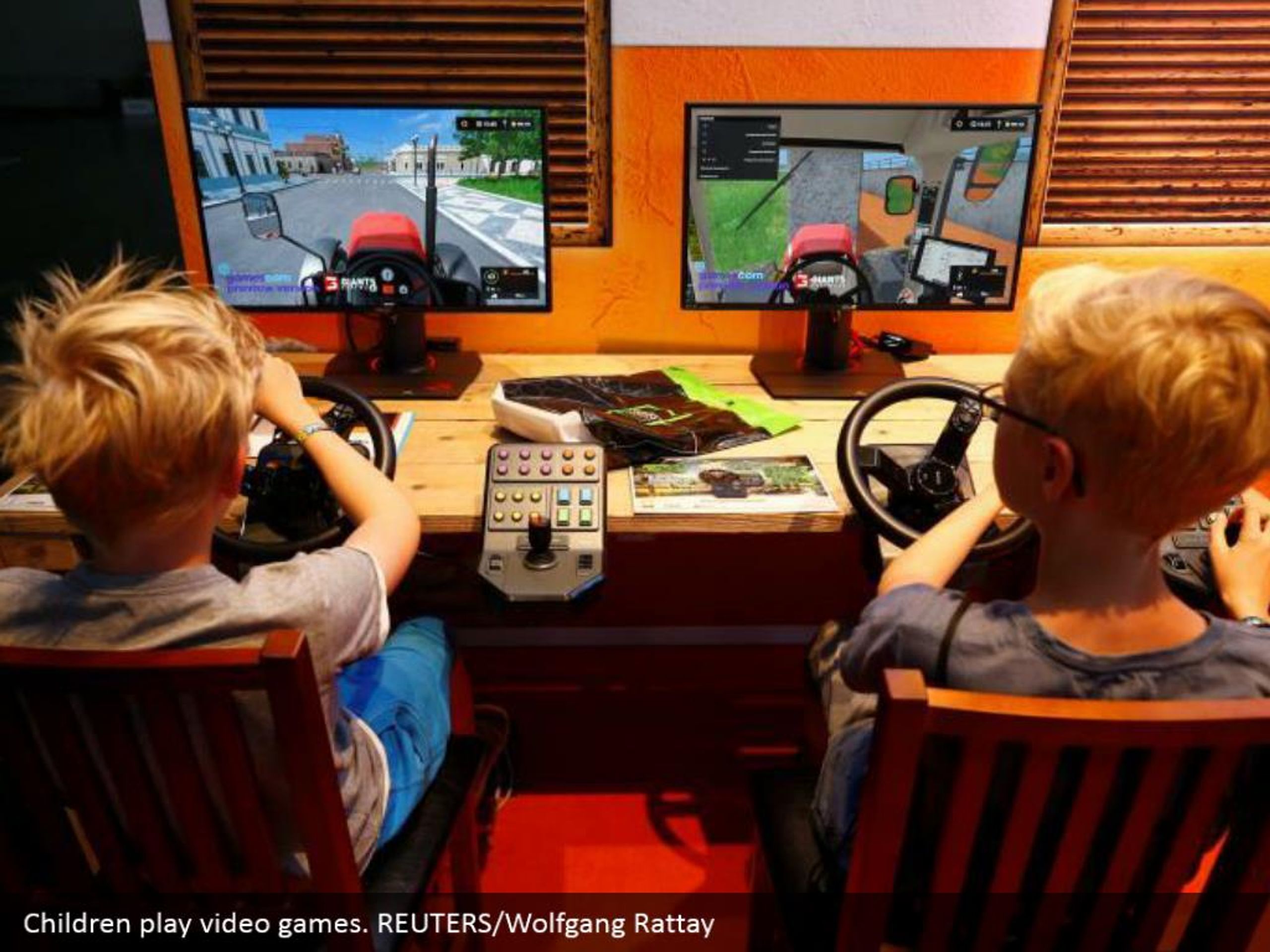
Learn more








